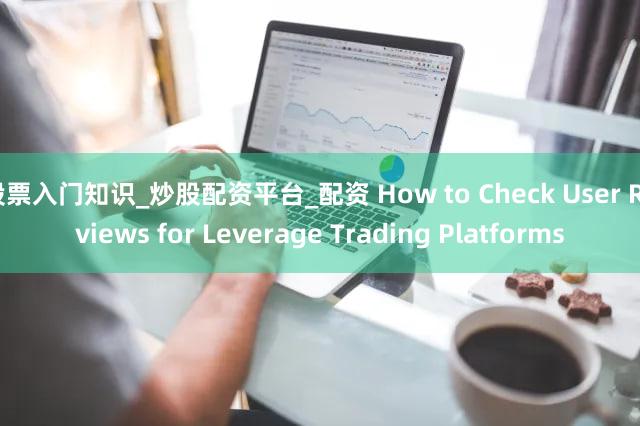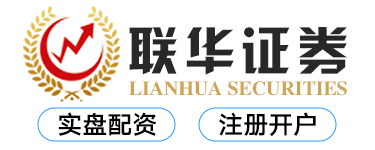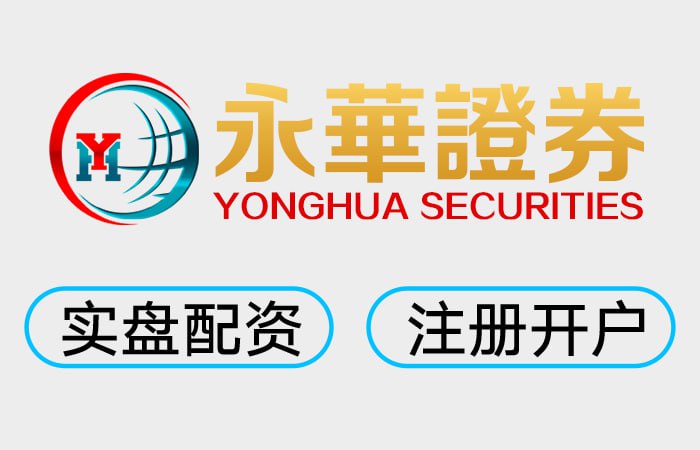
How to Check User Reviews for Leverage Trading Platforms?
Meta Description: Learn how to find and verify user reviews for leverage trading platforms, avoiding scams and making informed decisions. Discover reliable review sites, red flags to watch out for, and tips for discerning genuine feedback.
Headline: Don't Get Burned! Your Guide to Spotting Real Leverage Trading Platform Reviews
Finding a reliable leverage trading platform can feel like navigating a minefield. Everywhere you look, flashy ads promise overnight riches and effortless gains. But behind the glitz and glamour often lurk hidden risks, predatory practices, and outright scams. So, how do you cut through the noise and find trustworthy information? The answer, my friend, lies in the user reviews. But not all reviews are created equal. Some are fake, some are biased, and some are simply misleading. This isn’t just about finding positive comments; it’s about developing a critical eye to sift through the BS and unearth the truth. This is where your detective skills come in – you'll need to become a Sherlock Holmes of the finance world, scrutinizing every detail, every comment, every rating to paint a clear picture of the platform's trustworthiness. We're not just talking about a cursory glance; we're diving deep, analyzing the context, identifying potential red flags, and cross-referencing information from multiple sources. Think of it as due diligence on steroids! Neglecting this crucial step could cost you your hard-earned capital. Over the years, I've witnessed firsthand the devastating consequences of jumping into a platform without proper research; I've seen investors lose their life savings to poorly managed platforms and manipulative schemes. Believe me, the heartache isn't worth the potential short-term gains. This guide will equip you with the tools and knowledge to navigate the murky waters of online reviews and make informed, safe investment decisions. Let's get started!
Leverage Trading Platform Reviews: Where to Look?
Finding genuine user reviews requires a multi-pronged approach. Relying solely on a single source is risky. Think of it like this: if you only ask your best friend about a restaurant, you're not getting a complete picture, are you? The same principle applies to leverage trading platforms. Here's a breakdown of where to look:
-
Independent Review Websites: Sites like Trustpilot, Feefo, and similar platforms (though always check their review verification methods!) often host user reviews. However, remember that even these sites can be manipulated. Look for patterns; are all the reviews overwhelmingly positive or negative? Skepticism is your friend here!
-
Financial Forums and Communities: Reddit's r/investing subreddit (among others) and specialized finance forums are great places to find discussions about different platforms. People often share both positive and negative experiences, offering a more nuanced perspective. However, always be aware of potential bias – some posters might have ulterior motives.
-
Broker Review Sites: Dedicated websites focusing on broker reviews, including those offering leverage trading services, can offer insightful comparisons and aggregated user feedback. However, scrutinize the site's methodology and transparency to ensure impartiality.
-
Social Media: While not the most reliable source, platforms like Twitter and Facebook can offer glimpses into user experiences. Look for mentions, complaints, or discussions related to the platform you're researching.
How to Spot Fake or Biased Reviews:
Unfortunately, fake reviews are rampant. Here’s how to identify them:
-
Generic and Unrealistic Reviews: Watch out for reviews that are overly positive and lack specifics. Phrases like "amazing platform," "easy to use," and "made me a millionaire" without concrete examples are major red flags.
-
Superficial Reviews: Short, one-sentence reviews with only a star rating are often suspicious. Genuine reviews usually provide more detailed accounts of users' experiences.
-
Identical or Similar Reviews: Multiple reviews with identical phrasing or similar structures are a clear indication of manipulation.
-
Lack of Specific Details: Look for reviews that mention specific features, dates, or challenges. Vague comments are unconvincing.
-
Overly Negative or Positive Reviews: A platform with only positive or only negative reviews is questionable. A balanced mix of positive and negative feedback is more realistic.
Table: Review Sources & Their Reliability
| Source | Reliability | Pros | Cons | |------------------------------|-----------------|------------------------------------------|----------------------------------------------------| | Independent Review Sites | Moderate | Aggregates many reviews, easy to access | Potential for manipulation, varying verification methods | | Financial Forums/Communities | Moderate to High | Diverse perspectives, detailed discussions | Potential bias, requires critical evaluation | | Broker Review Sites | Moderate | Focused on brokers, often comparative | Potential bias, check methodology and transparency | | Social Media | Low | Quick glimpses into user sentiment | Unverified, easily manipulated, limited information |
Remember, the goal isn't to find a platform with only positive reviews; it's to find a platform with transparent and honest feedback, both good and bad. A completely spotless record should raise eyebrows – no platform is perfect!
Beyond the Reviews: Due Diligence is Key
Don't solely rely on reviews. Conduct thorough due diligence, including:
-
Checking Regulatory Compliance: Ensure the platform is regulated by a reputable financial authority. This provides a layer of protection for investors.
-
Reviewing the Platform's Security Measures: Look for robust security protocols, including encryption and two-factor authentication.
-
Understanding the Fee Structure: Transparency in fees is essential. Hidden or excessive fees can significantly impact your profits.
-
Assessing Customer Support: Reach out to customer support to gauge their responsiveness and helpfulness. A reliable platform should offer prompt and efficient support.
FAQ: Your Burning Questions Answered
Q1: What if I only find negative reviews for a platform?
A1: This is a major red flag. While some negative feedback is normal, an overwhelming number of negative reviews suggests serious problems with the platform. Proceed with extreme caution or avoid it altogether.
Q2: Are all positive reviews fake?
A2: Not necessarily. Some platforms genuinely provide good service and attract positive feedback. However, be skeptical and cross-reference information from multiple sources.
Q3: How can I tell if a review is genuinely from a user?
A3: Look for detailed descriptions of specific experiences, dates, and transaction details. Generic statements and an absence of specific information are often indicative of fake reviews.
Q4: Is it better to use a platform with many reviews or fewer reviews?
A4: The number of reviews isn't as important as the quality and diversity of those reviews. A platform with a smaller number of genuine, detailed, and mixed reviews can be more reliable than one with a massive volume of generic or suspicious positive feedback.
Q5: Should I trust reviews on the platform's own website?
A5: Generally, no. Platforms often curate their reviews, showcasing only positive feedback and hiding negative ones. It's far better to look for unbiased reviews on third-party websites.
Q6: What should I do if I suspect a platform is fraudulent based on reviews?
A6: Report your suspicions to the relevant regulatory authorities and warn other potential investors by sharing your findings (while remaining respectful and factual) on relevant forums and communities.
Conclusion: Smart Investing Starts with Smart Research
Finding a legitimate and reliable leverage trading platform takes time and effort. Don't rush the process. By diligently researching and analyzing user reviews, combining this with thorough due diligence and a healthy dose of skepticism, you significantly increase your chances of finding a platform that aligns with your investment goals and minimizes your risk. Remember, your financial well-being is paramount, and a little extra effort now can save you significant heartache and financial loss in the future. Happy investing!
文章为作者独立观点,不代表财盛证券观点






